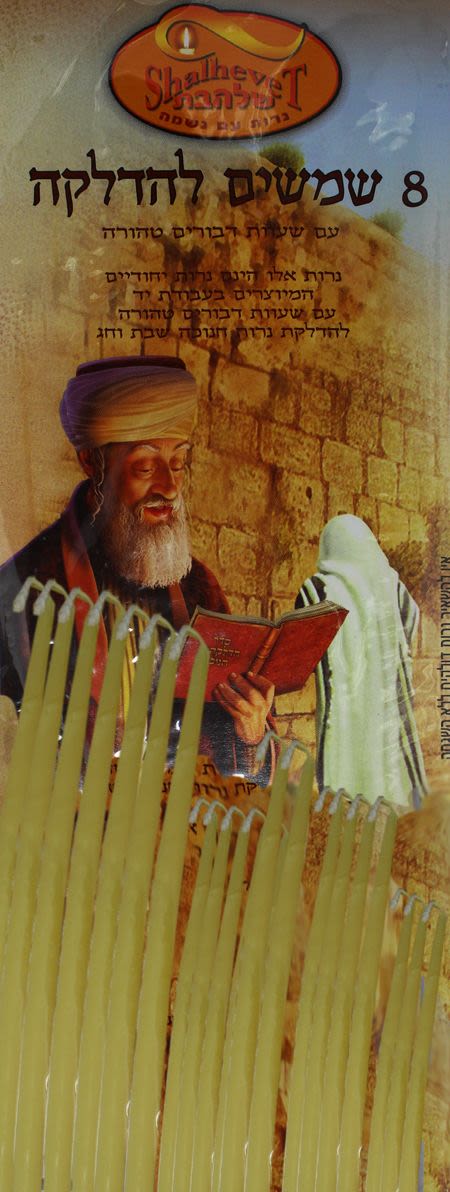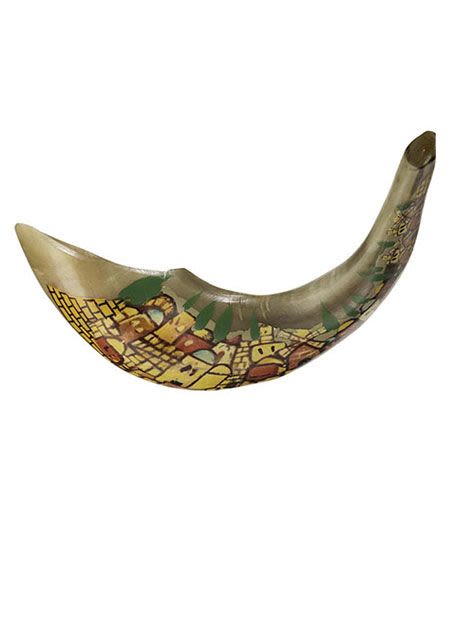
Never Give Up
Once a group of mice fell into a deep pot of milk and began to drown. Some of them abandoned hope immediately. Some of them abandoned hope immediately. What could they do...

Once a group of mice fell into a deep pot of milk and began to drown. Some of them abandoned hope immediately. What could they do? The milk was over their heads…
The qualities of faith and simplicity were embodied by the greatest men in Jewish history. Countless stories are told about our Sages who persevered in their studies, even when all their efforts seemed in vain. But precisely for this reason, they eventually saw great rewards, despite setbacks that had seemed impossible to overcome.
The Conviction of Rabbi Akiva
Rabbi Akiva commented on the verse: “In the morning sow your seed, and in the evening, stay not your hand” (Kohelet 11:6). “If you raised up students in your youth,” he said, “raise up more in your old age.” Rabbi Akiva was the perfect example of someone who maintained his goal in the face of the most painful obstacles. Years of toil and sacrifice went into producing his 24,000 students, yet they died in one year, between Pesach and Shavuot. They had received from him the entire Oral Torah, and their deaths left the world desolate. Even today, we mourn for them during the weeks of sefirot ha’omer, when they all assed away.
Nevertheless, even after this great tragedy, Rabbi Akiva did not rest and he certainly did not despair. He continued in his vision without contemplating his success or failure, only his responsibility. He himself fulfilled the verse: “In the evening stay not your hand.” In his old age, he took five brilliant students from the south of Israel and began again. This must have taken tremendous conviction, after he had already been successful with twenty-four thousand.
Five Great Lights
Yet it was precisely these five students of Rabbi Akiva’s old age who illuminated the entire world with their knowledge. The entire Oral Torah we have today comes from them. Their names were Rabbi Meir, Rabbi Shimon bar Yochai, Rabbi Yehuda bar Iloy, Rabbi Elazar ben Shamua, and Rabbi Yosi. Rabbi Meir – One of the most formative influences on the Mishna. (Anonymous mishnayot are almost all attributed to his authorship.) The Holy Arizal revealed that Rabbi Meir’s soul was derived from the heel of Adam, which shone so brightly that it darkened the sun. Yet Rabbi Meir was worthy of inheriting this light.
Rabbi Shimon bar Yochai – Rabbi Abba said about Rabbi Shimon: “If no words other than ‘And God said,’ had been given at Mount Sinai, bar Yochai and his secrets would be enough for the world.” Rabbi Shimon told his students, “Study my Torah, for it is the cream of the Torah of Rabbi Akiva ben Yosef.” And it states in the Zohar, “The Jews will be redeemed from exile with compassion because of Rabbi Shimon’s teachings.” It was he who vouched that the Torah will never be forgotten by Israel.
Rabbi Yehuda bar Iloy – Whenever the Talmud speaks of a certain nameless chassid, a devout person, it is referring to Rabbi Yehuda bar Iloy. Rabbi Yehuda studied Torah with true selfless devotion. The verse: “Grace is false, and beauty is empty,” refers to the generations of Moshe (Moses) and of King Hezkyahu, says the Talmud. Bust, as for the generation of Rabbi Yehuda bar Iloy, the verse says, “A God-fearing woman is the one to be praised” (Mishlei 31:30).
Rabbi Elazar ben Shamua – This is the Rabbi Elazar mentioned throughout the Mishna and Braisa. His heart was as broad as the entrance to a palace. He was one of the teachers of Rabbi Yehuda HaNasi, author of the Mishna.
Rabbi Yosi – Rabbi Yosi is mentioned throughout the Mishna and Braisa. In any Talmudic dispute, the halacha is always in accordance with his opinion. He was nicknamed, “the deep one,” for he had extremely profound reasons for everything he said. He was very pious and Eliyahu Hanavi (Elijah the Prophet) visited him often. He wrote the book Seder Olam.
These five holy Tannaim proved equal to all of Rabbi Akiva’s 24,000 students. Chazal say that they alone reestablished the Torah in Israel.
Rabbi Akiva succeeded precisely because he persevered even when his life’s work – 24,000 students – was swept away. The main thing was that his thoughts were only upon his duty and not upon the results. Therefore, as terrible as this setback was, he continued to study, teach and spread Torah throughout Israel, until, with these five students from the south, he illuminated the entire world for all time.
Chazal attribute this same quality to Boaz. “‘In the morning sow your seed and in the evening stay not your hand.’ If you brought up children in your youth, bring up more in your old age.” Boaz had thirty sons and thirty daughters who all died during his lifetime. And though he was already extremely old, God have him the chance to do kindness to Ruth, and to fulfill the verse, “In the evening stay not your hand.” From this union emerged the line of the House of David and all the Kings of Yehuda, including the Mashiach himself.
Have Faith in God and Sow
The Vilna Gaon said that all our actions in this world, whether physical or spiritual are comparable to planting a seed. All we can do is plow and sow. Whereas rain and dew, blight and rot are entirely up to God. A person should toil, but not waste time worrying about the results, which are in God’s hands. If he spends his entire day in Torah study, he should be happy that he is doing the most that God asks of him. Each day he should go forward without worrying about yesterday’s results. Of course he must beg God for success, but his desire for progress should not blind him to his slow, daily growth. Fruits that are born under a long period of effort overcoming many obstacles and trials are much sweeter than the success which comes in an instant.
Do Your Bit
I heard a humorous story along these lines. Once a group of mice fell into a deep pot of milk and began to drown. Some of them abandoned hope immediately. What could they do? The milk was over their heads. Death stared them in the face. But there was another group that did not lose hope. Perhaps there was still some chance for life. And so they started to jump upwards with all their might. With every jump they gained a breath or two, but immediately fell back into the milk helpless. Nevertheless, they did what they could during those difficult moments and jumped countless times, hoping that God would look down and have compassion upon them. In the end, amazingly enough, it was precisely because they did not give up and because of their quick actions to grab a few more moments of life, though everything seemed lost, that they were saved. Because, as you know, the more you stir milk, the more it congeals. With all their jumping, a big clump of butter formed along the inside of the pot. They all climbed onto it, made their way up the walls, and escaped safely.
This is a good example to anyone in distress; even when all hope seems lost, God forbid, one should do anything, even acts that bring only momentary relief, rather than fall into despair. Let him do what he can. God will deliver him from his troubles in some amazing way that never entered his mind. Then the verse will be fulfilled, “And the Lord your God will bless you in all that you do” (Devarim 15:18).
***
Used with permission from the author. From the book “In all my Ways” Keren Ohr Publications












Tell us what you think!
Thank you for your comment!
It will be published after approval by the Editor.